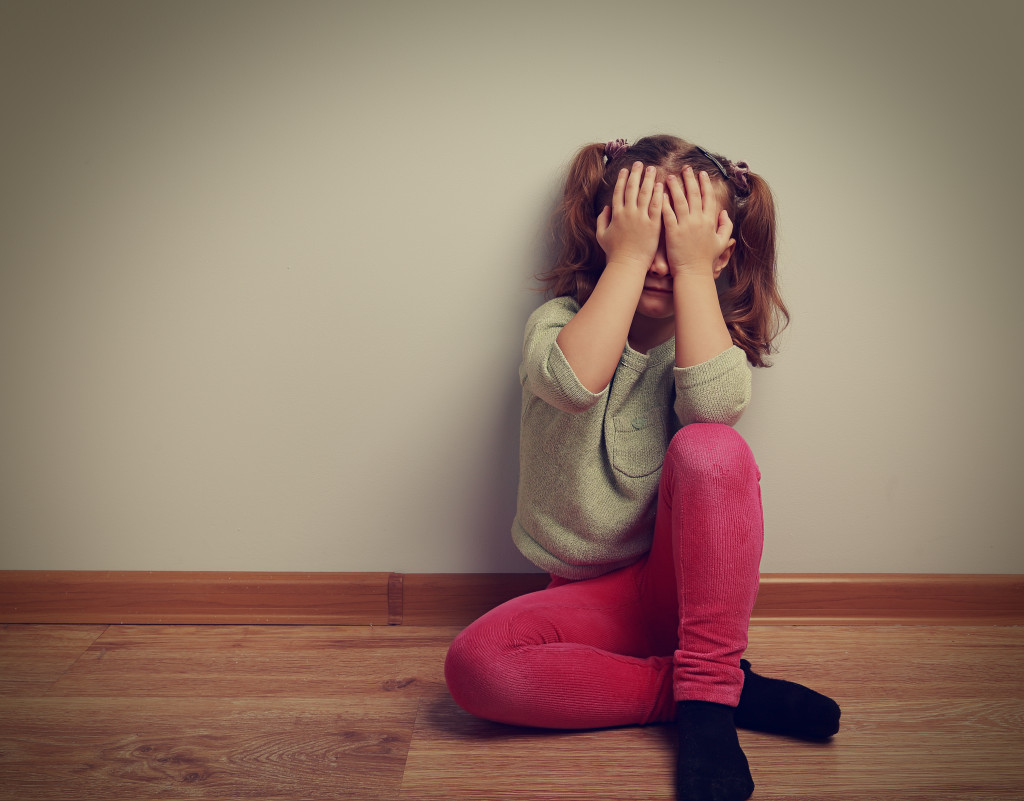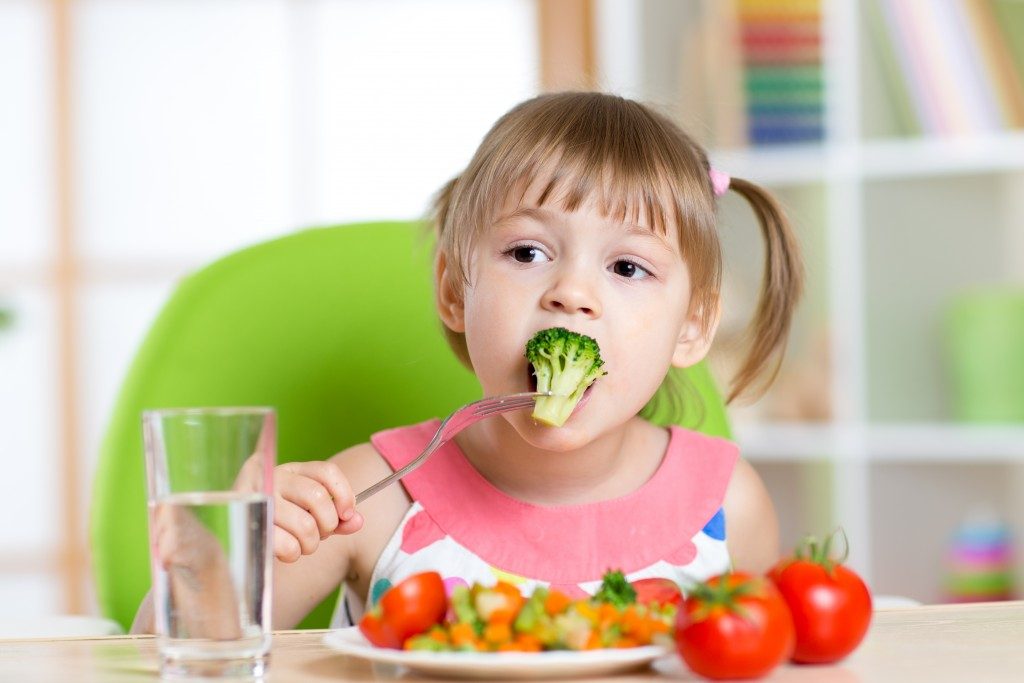We all know that kids feel emotions just as strongly as adults do, but they don’t have the same ability to manage them. That’s why parents play such an important role in teaching their children how to handle strong feelings and situations in healthy ways. As you might guess, the way parents handle emotions has a lot of influence on their kids, too.
Emotional self-regulation is the ability to identify, understand, and manage our emotions in healthy ways. It’s one of the most important skills we can teach our children because it impacts their ability to manage stress, make smart decisions, build relationships, and feel at peace with themselves. Here are eight tips for parents about how to help kids develop emotional self-regulation (ESR). ESR isn’t something that will come naturally to your child just because you love them, but it’s worth the time and effort required to improve their ability to manage their emotions effectively.
Acknowledge Their Feelings
You can’t reason with an emotional child, but you can acknowledge their feelings to help them better understand themselves. If your child is upset or acting out, try saying something like, “It looks like you’re angry about that! I understand how frustrated you must feel.” Affirming what your child is feeling in a non-judgmental way helps them learn to manage these emotions more effectively in future situations.
Let Them Know You Hear Them
For children, life can be an emotional roller coaster. At times, they may feel frustrated, angry, or sad and need a safe place to express themselves. Parents need to let their kids know they are heard and understood in these moments. Children will better manage their emotions when they know that someone is there for them—someone who cares about what they’re feeling.
Keep Them in a Positive Environment
When children have trouble controlling their emotions, it can interfere with their ability to concentrate and interact with others. It’s essential to foster a positive environment by encouraging self-regulation in your child. An emotionally self-regulated child is less likely to experience depression or anxiety as a teenager and adult, has better relationships and stronger social skills, handles conflict more effectively, and performs better in school.
Talk It Out With Them

Encourage your kids to talk out their problems by taking a breath and thinking about how they’re feeling. Talk to them about it as a teacher would to an upset student, guiding them through what could be causing their emotions and helping them figure out ways to make themselves feel better. If you’re ever worried that they may hurt themselves or someone else, never hesitate to get professional help from your doctor or local counselor.
Engage Them in Activities With Peers
Peer interaction is a powerful way to build emotional self-regulation, which refers to a child’s ability to identify and understand their own emotions and then regulate them. A child with good emotional self-regulation knows how they feel at any given moment and can rein in those feelings, so they don’t spin out of control. Just as kids need social interactions, they also need opportunities to regulate their emotions with peers. That’s why it’s important to enroll them in a good child care facility to give them ample opportunity to engage with other children in extracurricular activities.
Show Empathy Without Judgement
It’s a must to show empathy toward a crying child but remember, that doesn’t mean you need to give in to every little demand. Research has shown that kids who are taught to regulate their emotions can learn to cope with frustration and become more empathetic. Your job is to help them find another way of getting what they want besides using tears as a weapon. In other words, teach your children how to stand up for themselves without shaming them for showing vulnerability or fearfulness.
Model Positive Emotions
If you’re a parent, one of your goals is to teach your kids positive behaviors. Part of that can be accomplished by modeling good emotional self-regulation. For example, if you’re upset about something and lash out at someone for no reason, your child will learn it’s okay to respond with anger or frustration in these situations.
Don’t React Impulsively
If we react impulsively or dismissively when our children are upset, they miss out on opportunities to practice better ways of managing their emotions in stressful situations. When we respond proactively and take a moment to encourage them and guide them through whatever emotional distress they might be experiencing, we give them a chance to develop more effective tools for dealing with future challenges.
Most importantly, never hit them when they’re trying to be difficult. This encourages aggressive behavior and can lead to serious issues. Instead of reacting aggressively, teach your child how to deal with frustration healthily. They need to learn that angry behavior is not acceptable in any situation.
It can be hard to see what’s going on inside your child’s head. As a parent, you want to ensure that your child grows up with healthy self-esteem and emotional intelligence. The key is to start working on it from an early age. Implementing some of these tips into your everyday life will allow your kids to develop better emotional regulation skills over time.


